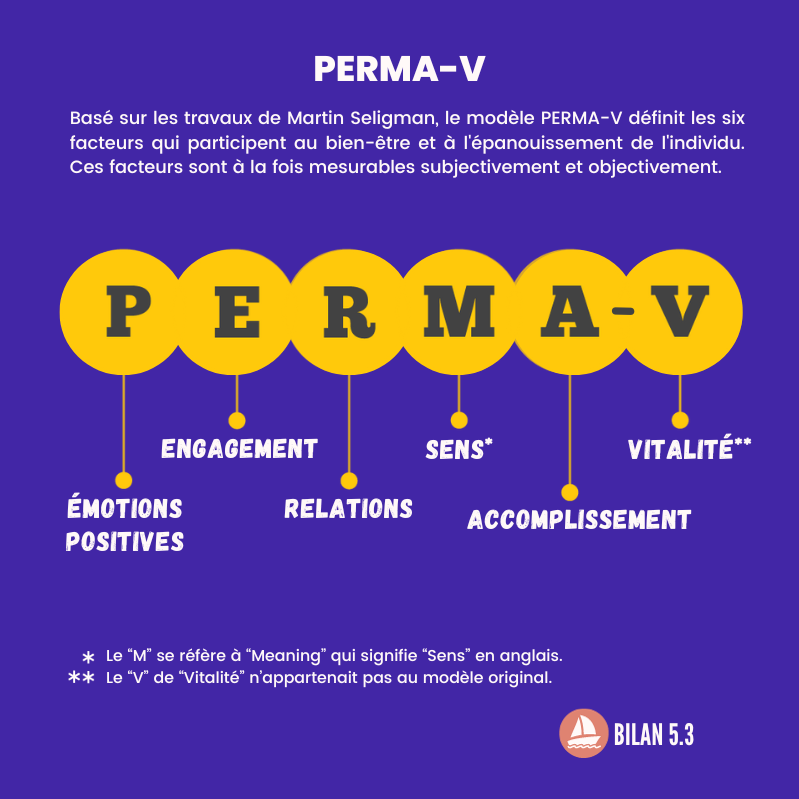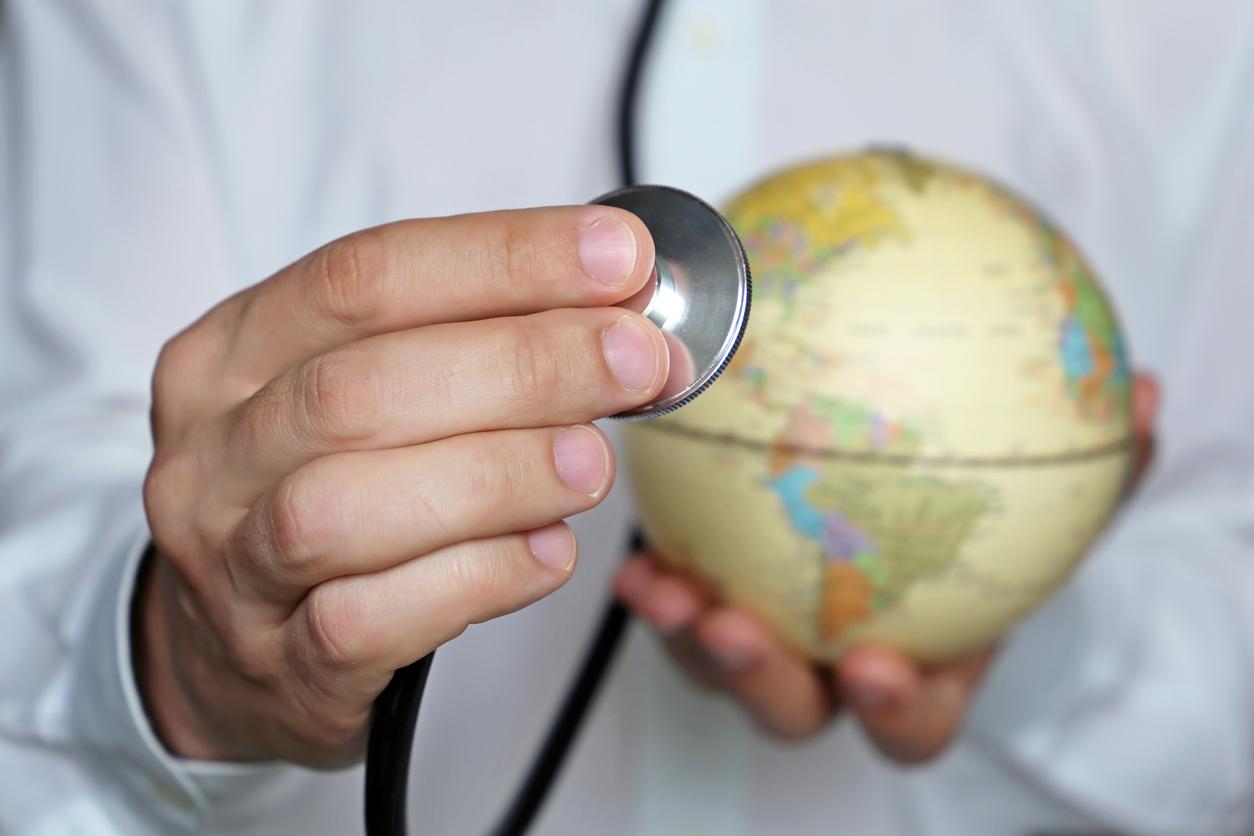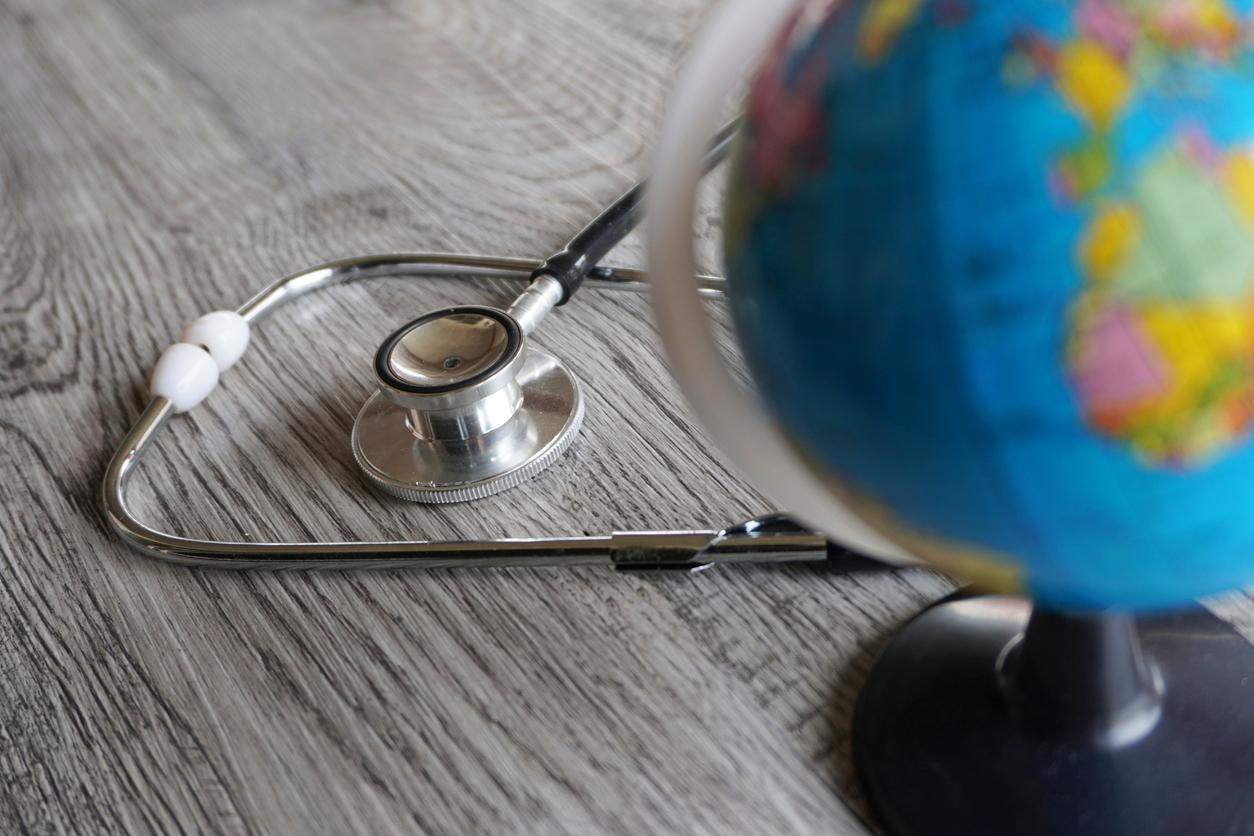
The National Ethics Committee (CCNE) considers “That decisions“Concerning the vaccination of adolescents against Covid-19 “Were taken so quickly” without consulting them directly.
A beneficial but ethically questionable decision
“Is there an absolute urgency to start vaccination now, when several indicators are green and the start of the school year in September could mark the start of the campaign?”, points the finger this Wednesday, June 9, the consultative body in the Press release accompanying its opinion on the matter. Indeed, on June 2, the government declared that French people aged 12 to 18 will be able to benefit from the anti-Covid vaccine from June 15. A controversial decision for some, who question the effectiveness of the vaccine for this segment of the population, as CCNE explains “Severe forms of infection are very rare in people under 18, so the individual benefit from vaccination is limited for physical health”. The advisory body also indicates that the efforts made and the restrictions undergone by the youngest have “fully participated in the collective effort to protect their elders and the most fragile among us”.
Obviously the government’s decision is associated with a strategy “Collective immunity” that the National Ethics Committee fully understands “It seems that the ability of children to become infected and transmit the virus exists and that it increases with age. It is thus found to be close in adolescents to what is observed in young adults. In addition, some studies estimate that collective immunity would be achieved only if 85% of the whole population were immunized (by the vaccine or by previous infection). However, it turns out to be unlikely that this objective could be achieved by vaccination of adults alone ”.
A question of consent that poses a problem (s)?
On the other hand, the committee asks various ethical questions, such as “To make minors bear the responsibility, in terms of collective benefit, for the refusal of vaccination (or the difficulty of accessing it) of a part of the adult population? “ but also “Is there not some kind of incentive for vaccination to regain freedom and return to normal life? “Or“ what risk of stigmatization for adolescents who do not wish to have recourse to it? Do we not risk breaking their confidence if the return to normal life were compromised by the arrival of new variants? “.
To date, only the German-American vaccine, Pfizer-BioNTech, has been approved for 12-17 year olds by the European Medicines Agency. This Tuesday, June 8, the American company Moderna also submitted a request for authorization on the European and Canadian market for this segment of the population.
















